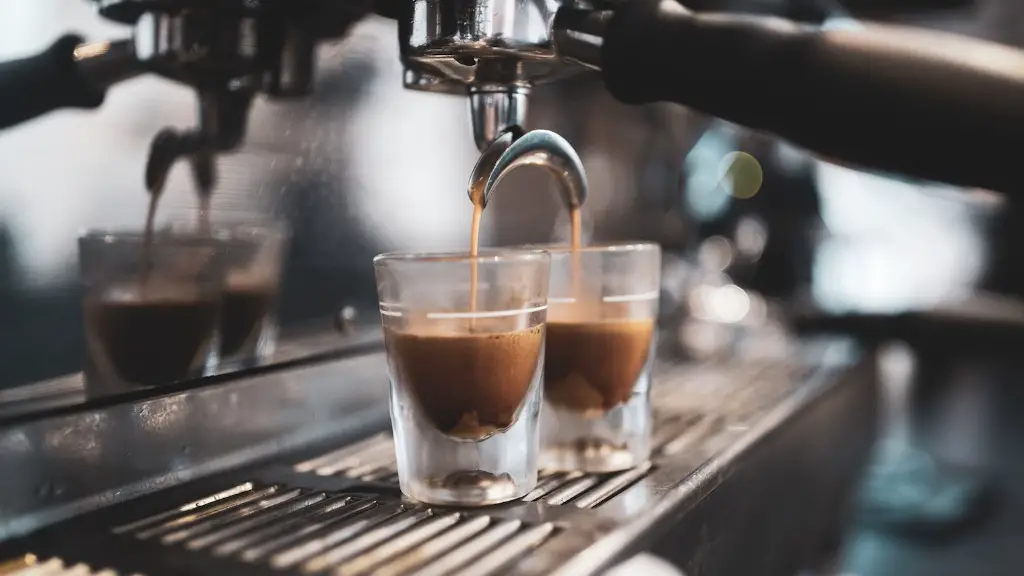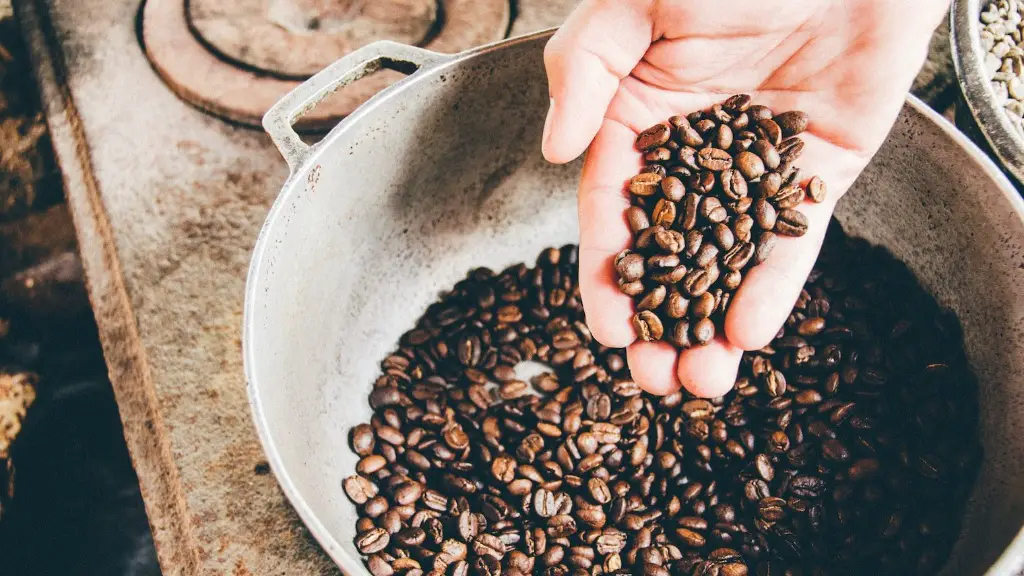Can You Drink Black Coffee When You Have Diarrhea?
Diarrhea is a common digestive problem that can be caused by several different causes, including a viral or bacterial infection, food poisoning, or something more serious such as irritable bowel syndrome or Crohn’s disease.
When you have diarrhea, it’s important to be mindful of what you eat and drink so that you can avoid triggering further episodes. But, can you still drink your daily cup of coffee?
Coffee is one of the most popular beverages in the world, and can offer several health benefits, including improved focus and mental alertness, reduced risk of depression and Parkinson’s disease, and protection against type 2 diabetes and other chronic diseases.
The caffeine in coffee can also act as a mild diuretic, meaning it can increase the frequency of bowel movements. This could potentially aggravate diarrhea symptoms or make them worse. For this reason, many people avoid coffee during an episode of diarrhea.
However, coffee is not completely off-limits when you have diarrhea. Research suggests that higher intake of caffeine from coffee and other sources is not associated with an increased risk of diarrhea, and it is safe to consume coffee in moderation.
Experts recommend limiting coffee consumption to a few cups per day, and switching to decaf if you experience discomfort. In addition, drinking coffee in its most natural form — black without added sugar — may be best since sugary coffee drinks are known to stimulate the intestines, as well as contain more calories and fat, which can increase discomfort.
Finally, make sure to drink plenty of fluids when you are experiencing a bout of diarrhea, since it can cause dehydration. Coffee can be just one of several healthy liquids that you consume throughout the day, such as fresh water, sports drinks, or herbal tea.
Is There Caffeine in Decaf Coffee?
Decaf coffee still contains trace amounts of caffeine, although incredibly small amounts compared with regular coffee. The decaffeination process removes around 97% of the caffeine found in coffee beans, although the exact amounts vary depending on the type of bean and the method of decaffeination used.
In most cases, it is estimated that around 5 milligrams of caffeine can be found in an 8 ounce cup of decaf coffee, undoubtedly less than the amount found in a regular cup of coffee, which can range from 95 to 165 milligrams depending on the type of bean and brewing method.
For this reason, it makes sense to switch to decaf if you are trying to limit your caffeine intake, or if you are experiencing digestive issues such as diarrhea and feel that regular coffee may be making them worse.
Other Types of Coffee to Try With Diarrhea
If regular coffee isn’t an option due to the severity of your diarrhea symptoms, then you may want to try some other types of coffee. One such option is often referred to as “cascara,” which is made from the dried husks of coffee beans and has a mild flavor.
Cascara is naturally sweet and contains no caffeine, so it won’t cause a spike in energy levels or stimulate the bowels like regular coffee. It also contains several essential vitamins, minerals, and antioxidants, and can make a great addition to your diet when you are feeling under the weather.
Alternatively, you can try cold brew coffee, which is brewed without heat and is known to be easier on the digestive system. Cold brew coffee contains less caffeine than regular coffee, which could make it a better option if you experience any stomach discomfort.
What Causes Diarrhea?
Diarrhea is defined as an increase in volume and frequency of stools and is usually caused by an underlying issue or health condition. The most common cause is an infection by rotavirus, or a food- or water-borne illness such as bacterial or parasitic infection.
Gastroenteritis, food sensitivity or intolerance, low-fiber diet, bowel disease, or medications can also cause prolonged episodes of diarrhea. Additionally, some medical conditions, such as Crohn’s disease and irritable bowel syndrome, can cause chronic cases of diarrhea.
Although having a few episodes of diarrhea is not usually a cause for concern, it’s important to pay attention to your symptoms and seek medical help if they become more severe or frequent.
Tips for Dealing With Diarrhea
When it comes to managing diarrhea, it’s best to focus on eating healthy, wholesome foods that are easy for your body to digest. This includes foods like cooked grains, well-cooked vegetables, and simple proteins like boiled eggs.
It’s also a good idea to drink plenty of fluids, like water, coconut water, herbal tea, and lightly salted broths. You may also want to try taking probiotics, which are live microorganisms that can help restore balance in the gut, as well as supplement with electrolytes to replace the ones that are lost from dehydration caused by diarrhea.
Finally, make sure to get plenty of rest. Your body needs time to recover and re-establish its balance, and resting can help speed up the healing process.
The Bottom Line
Although coffee might not be the first drink you think of when you have diarrhea, there’s no reason why you can’t enjoy a cup of your favorite beverage in moderation. Just make sure to opt for decaf, switch to natural black coffee, and try some of the other coffee alternatives mentioned above if you experience discomfort.
In addition, make sure to pay attention to your symptoms and seek medical help if they become more severe or prolonged. Taking care of your body and nourishing yourself with small, nutrient-dense meals can help restore balance and healing.





